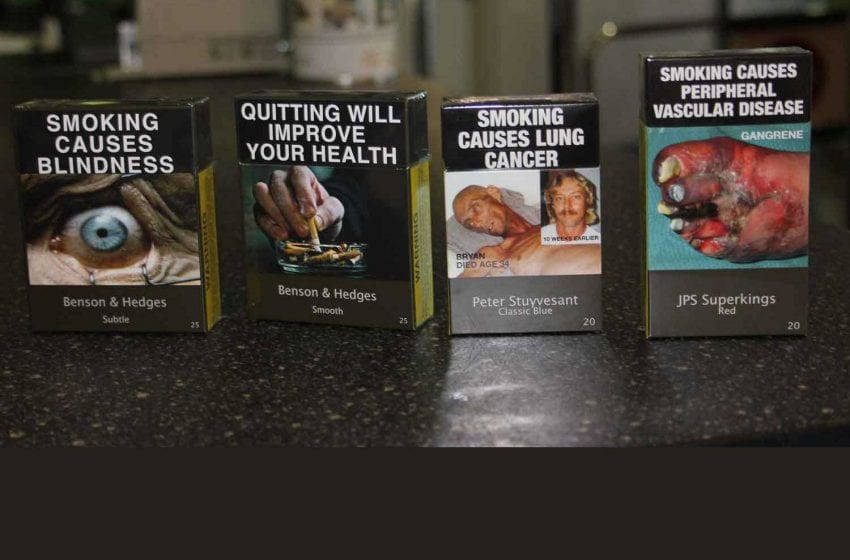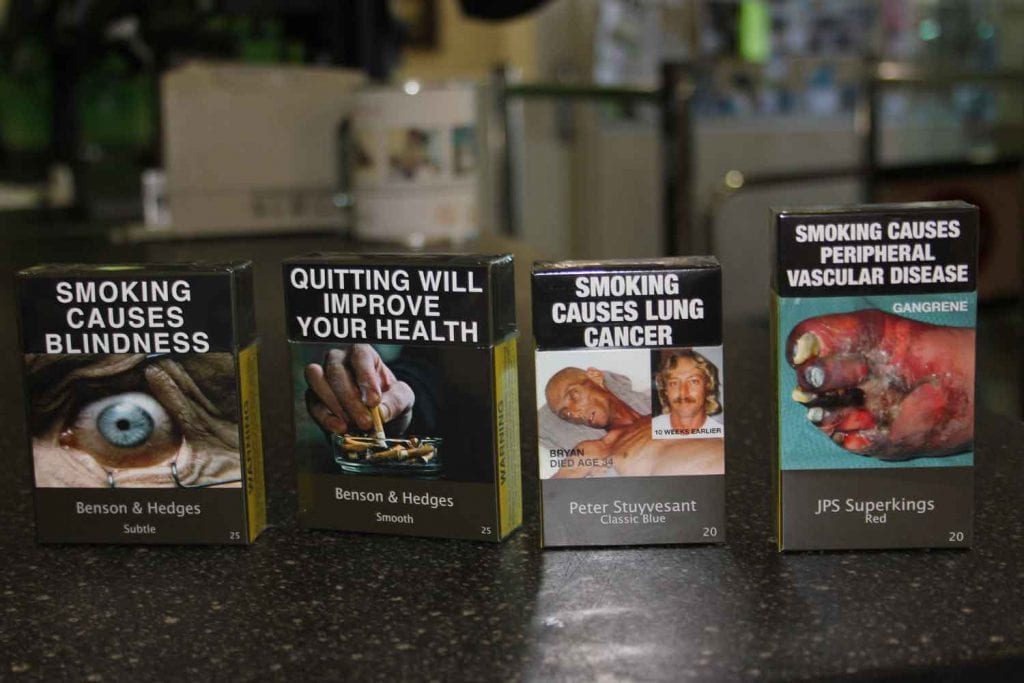The Australian government has not yet published its Post-Implementation Review (PIR) regarding plain-packaging six months after the conclusion of the consultation period.
This delay in publishing has raised concerns about the integrity of the report and caused concerns that its authors could be misrepresenting data or omitting evidence in order to ensure the country’s plain-packaging policy is viewed as a success.
Plain packaging was introduced in Australia in 2012 with an end goal of reducing the nation’s smoking rates. According to the Australian government, the objectives of the plain packaging measure are to reduce the attractiveness and appeal of tobacco products to consumers; increase the noticeability and effectiveness of mandated health warnings; reduce the ability of the retail packaging of tobacco products to mislead consumers about the harms of smoking; and to ultimately reduce smoking rates.
In the three years since plain packaging was introduced in Australia, no change to the decline in smoking rates has been shown, according to the latest official data from the Australian government. Without evidence of a decline in smoking rates, supporters of plain packaging are finding it difficult to claim the measures have achieved their goals.
“The Department of Health [DoH] knows that this policy has failed,” said Michiel Reerink, Japan Tobacco International’s (JTI) regulatory strategy vice president. “The objective of the ban on brands was to improve public health by discouraging people from using tobacco products, and reducing their exposure to tobacco smoke. The government’s own data shows that these objectives have not been met.”
The DoH began its review of Australia’s plain packaging earlier this year, at which time it requested information detailing the impact the policy has had since its implementation. The consultation period ended in March. Although government guidelines suggest that PIRs should be published within three to six months after information is gathered, the Australian government has yet to publish this information.
“Tobacco control lobbyists are traveling around the world on taxpayers’ money to convince regulators that plain packaging has been a success in Australia,” said Reerink. “But anyone who looks at the official data can see for themselves: There is no proof that this ban on brands has worked.”
JTI has called for transparency from the Australian government regarding publication of the PIR.
“We urge the Department of Health to publish a complete and transparent review of this policy, without further delay,” says Reerink. “The PIR should be based on all of the evidence, in line with the requirements of the Australian Government’s Office of Best Practice Regulation. Crucially, the results of the plain packaging policy should be measured against its original objectives. Without this report being published soon, people risk being misled by biased reports and analysis on a measure that has done nothing to improve public health.”







